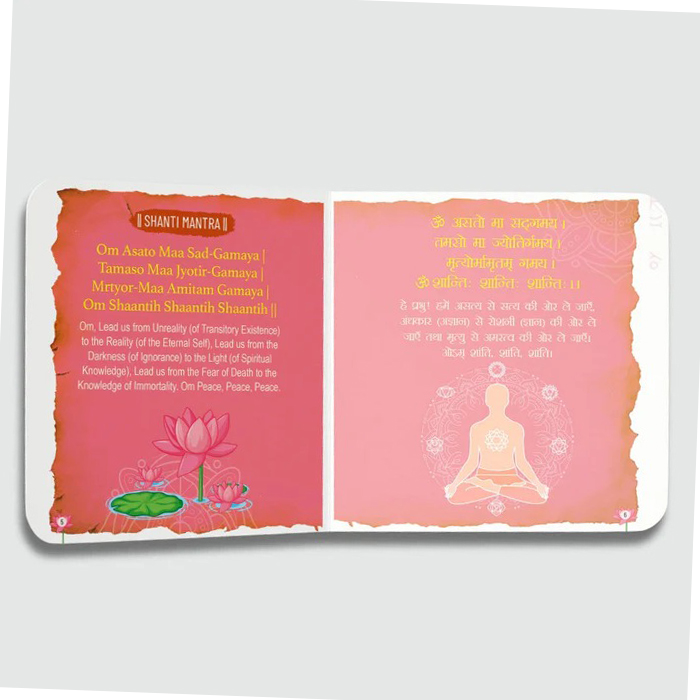When faced with painful events caused by others, we have a choice. Most give in to anger, hatred, and revenge, and it causes further suffering. Anger and hatred add more fuel to our minds. If we are to maintain a calm mind, we need to cultivate forgiveness. Forgiveness involves forgetting what the person has done to us so we can move on with our life with a clear mind and heart.
When we do not forgive someone, thoughts of anger, bitterness, and revenge rankle in our own minds and hearts, and we are the ones who suffer.
When we are filled with anger and hatred, we cannot concentrate at work. Our productivity and efficiency may drop because we are unable to keep our minds on our work. Instead of paying attention to our job, we are thinking about who has hurt us, how they have hurt us, why they have hurt us, and how we can hurt them back.
This cycle of angry thoughts ruminates in our minds, and we cannot focus on our work. Thus, we may make costly mistakes. Sometimes the mistakes can cost others their lives. We know that drivers, pilots, train conductors, or bus drivers can be in such a rage that they cause an accident in which others are hurt or killed. A doctor or pharmacist whose mind is not on their work can cause harm to patients.
To avoid disastrous consequences, it is much better to forgive.
Medical researchers are finding another benefit to forgiveness. It has a positive effect on our brain. There is increasing scientific evidence of how anger causes stress-related ailments. Brain scans and medical tests show that exposure to the body’s own cortisol and stress hormones can cause a build-up in the brain’s blood vessels and nervous system that may cause a stroke, damage to parts of the brain.
If we know that anger can cause irreparable damage to our brain, then we may want to consider learning the art of forgiveness.
Additionally, if we hurt others mentally or emotionally, they may react to us, causing a negative atmosphere. We become contributors to the negativity in the universe. It makes others want to react to us negatively. Before we know it, we have a toxic, poisonous environment in our homes, in our offices, in our communities, and in the world. Do we wish to add to the poisonous atmosphere, or do we wish to bring about one of love? We can put a stop to the pollutants of hatred and anger with the balm of forgiveness.
If we do not react to other people’s negativity and instead forgive them, they have no one against whom to react. It puts a stop to the chain reaction. If we remain loving to others, how long will they be negative to us? They will ultimately give up.
When we learn to forgive, we become examples for others to emulate. Love and forgiveness inspire others to love and to make the world peaceful. When people see that even when slapped on one cheek, we can forgive, they are moved to follow our example. Why? Because forgiveness against those who hurt us is the greatest example of godly love in this world. If we are forgiving, we are one less person adding negativity and hatred to the world. If each of us were forgiving, it would not be long before the world would become more loving and peaceful. If we do so, we will find that our minds are calmer and we are able to still our minds more easily when we sit to meditate, which will bring forth faster results in our spiritual development.
When it comes to meditation, success depends on how easily we can still the mind to focus within. Anger and hatred, however, are impediments to stilling the mind. We know how difficult it is to still the mind. The more activity going on in our mind, the longer it takes to become concentrated on our meditations.
The author is the head of the Sawan Kirpal Ruhani Mission.












